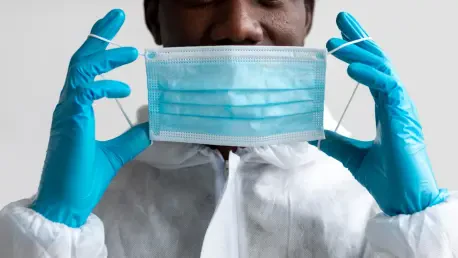In a region where tropical climates foster the spread of vector-borne diseases, Cuba stands at the forefront of a persistent public health challenge, grappling with multiple viral outbreaks that threaten the well-being of its population. Recent updates from Francisco Durán García, the national director of Epidemiology at the Ministry of Public Health, shed light on the island’s ongoing struggle with diseases like dengue, Oropouche, Chikungunya, and even lingering concerns about COVID-19. While the official narrative emphasizes control and caution, underlying systemic issues paint a more complex picture. Dengue, identified as the most severe among the arboviruses, continues to impact several provinces, with critical cases underscoring the urgency of timely medical intervention. Beyond the statistics, environmental and infrastructural shortcomings amplify the risk, raising questions about the effectiveness of current strategies in curbing these outbreaks. This situation demands a closer look at both the reported progress and the realities on the ground.
Addressing Systemic Challenges in Disease Prevention
Reflecting on the efforts to manage these viral threats, it becomes evident that Cuba faces significant hurdles in aligning official reassurances with tangible outcomes. A critical perspective reveals that inadequate fumigation, poor street cleaning, and substandard sanitary conditions play a substantial role in exacerbating the spread of disease vectors like mosquitoes. While Dr. Durán urged the public to seek medical attention at the first sign of fever and downplayed fears of a COVID-19 resurgence, the absence of detailed data left room for skepticism about the true scope of the situation. Moving forward, addressing these outbreaks will require more than public vigilance; it necessitates robust investment in infrastructure and preventive measures. Strengthening sanitation practices and enhancing vector control programs could serve as vital steps in reducing the burden of arboviruses. Additionally, transparent communication with comprehensive statistics would build trust and better equip communities to respond. These actionable improvements offer a pathway to mitigate future risks and safeguard public health across the island.









